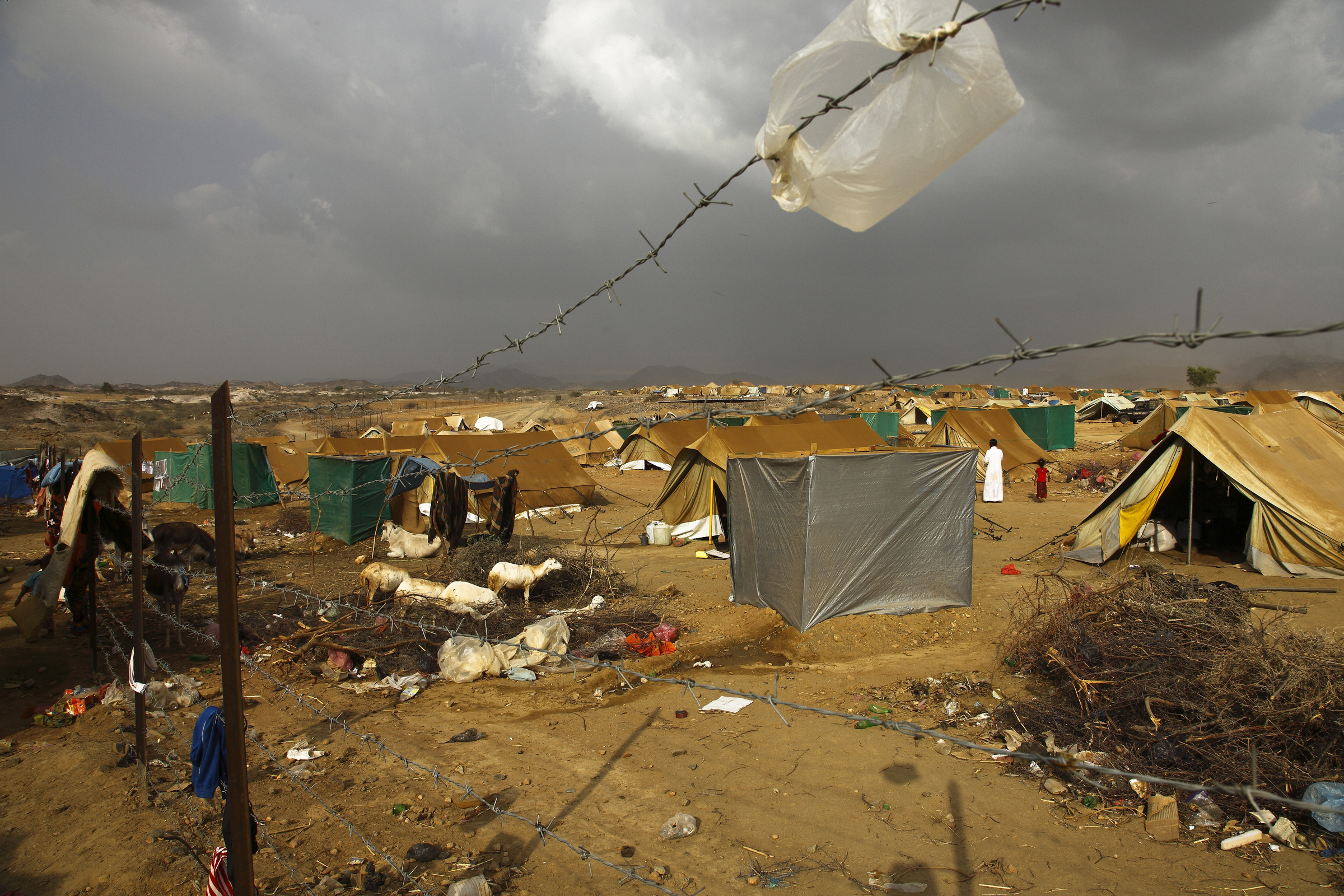“A nation without women leaders is like a family without a mother.” The billboard, plastered in enormous red and green letters, stood tall above a highway winding through a rural Kenyan village. It felt out of place; strikingly clean, crisp, and modern on a dusty and isolated road. The poster was part of a broader campaign to encourage Kenyans to vote female aspirants into local and national government positions in August’s general election. Its plea, embedded in cultural tradition as a means to break from political tradition, exemplifies the recent progress in female representation in Kenya’s state legislature.
The campaign represents the contradictions currently facing the political system in Kenya. In 2010, a redrafted constitution devolved power and representation and required that a single gender cannot make up more than two-thirds of parliament. Since then, increasing numbers of women have vied for political positions in the 2012 and 2017 general elections and more women have attained legislative seats and elected positions than ever before. Despite the institutional progress, Kenya lags far behind its East African neighbors in gender representation. While Rwanda, Uganda, and Tanzania each exceed one third female representation, Kenya remains at 19.5%. In the recent elections held on August 8th 2017, three women made history by becoming the first elected female governors in the nation. However, my research suggests that women aspirants also suffered extreme levels of verbal and physical violence. Women were targets because traditional rhetoric restricts the professional lives of women and gender-specific forms of violence and intimidation were used to suppress and demean their undeniable political progress.
With each step toward equal gender representation in the nation, violent and misogynistic responses are also a staggering step back. Improvements in female representation have emboldened those who are opposed to women in leadership positions to deter their involvement by any means necessary. In April, a mob burnt down the house of a female member of parliament after she won nomination during the primaries. During the same week, her bodyguard was killed after being struck by a vehicle driven by the opposition. Her experiences, though seemingly extreme, were not isolated instances of violence targeted against women and represent a larger and more systematic pattern throughout the nation.
In July, I travelled to Kenya to observe political campaign processes and to interview female candidates in the weeks leading up to the August election. While in Nairobi, the complicated and conflicted relationship between gender and politics was evident. Male aspirants, including presidential candidates, often sidestepped the issue of women’s political representation in debates and interviews by redirecting to other issues. Despite many women running for offices, the presence of female candidacy in Kenya was minimal. While male candidates paraded cars painted with campaign slogans, adorned with flags, and festooned with their followers, women used posters and billboards as their means of communication. Men imposed their campaigns into people’s daily lives by using megaphones and blaring music that could be heard from inside workplaces and homes. Women’s campaigns, on the other hand, remained discreet—they needed to be sought out.
Because of the frequency of vehicle attacks on women candidates, women were unable to campaign with cars or buses and their movement was restricted, particularly after sunset. In several interviews I conducted with female aspirants, they reported being barricaded on roads and attacked in their vehicles. “Men can have night meetings and host parties, but because of safety concerns I did not go out to campaign at night,” one female aspirant told me in an interview. In another interview, a woman confided that despite proving herself capable and successful, “bitterness built up and the war became personal… Two days to elections I noticed I was being followed by unknown people and could not have peace. The night before elections they followed me and blocked my way home. Men surrounded the car I was in, trying to open doors, ordering me to step out. They were armed.” The men pursued her to her home and warned that she was lucky to have not been found alone. “It was a scary experience,” she said, “Anyone who looks at me twice is now a suspect.”
In addition to episodes of physical assault this election season, men also demeaned and harassed women candidates regarding their sexuality and appearance. In my interviews, women consistently reported being called prostitutes or unclean by men and even by other women. “Politics is seen as dirty. It is not a game for a proper woman,” one female aspirant told me. Politically engaged women are sometimes deemed sexually deviant in an effort by their opposition to undermine their legitimacy as effective decision makers. One woman explained in an interview that because she was unmarried, people cyber bullied her by creating humiliating images of her that were photo shopped and circulated on social media. Although the marital status of male candidates is disregarded by the public, people are suspicious of a woman who has not married and seeks to lead her electorate.
However, more women successfully vied for gubernatorial and parliamentary positions than ever before. The increase in violence against women is problematic and undemocratic, but it is also a signifier of the progress forged by Kenyan women toward gender representative governance. While women strive to lead Kenya, men strive to stifle their political influence. Moreover, men’s attempts have become increasingly desperate and severe in response to their wavering dominance. When one woman running for office reflected on her harrowing experiences as a candidate, she told me, “somehow I felt good because I had become such a threat that men were sent to scare me.” Gender based violence is on the rise as a backlash to meaningful change in Kenyan politics.
A repeat election at the end of October was held for citizens to recast their vote for president, a process marked by institutional disarray and social upheaval. Female electoral Commissioner Roselyn Akombe recently fled Kenya for fear of her safety in the days leading up to what she said will not be a credible election. Given patterns of election-related violence in Kenya’s history, the repeat election revived the threat of gender based violence for women both within and outside politics.
Alexis Coopersmith is a PhD student in Sociology at UC Los Angeles. Her research explores female political participation in violent and volatile environments. Contact Email: acoopersmith@ucla.edu






